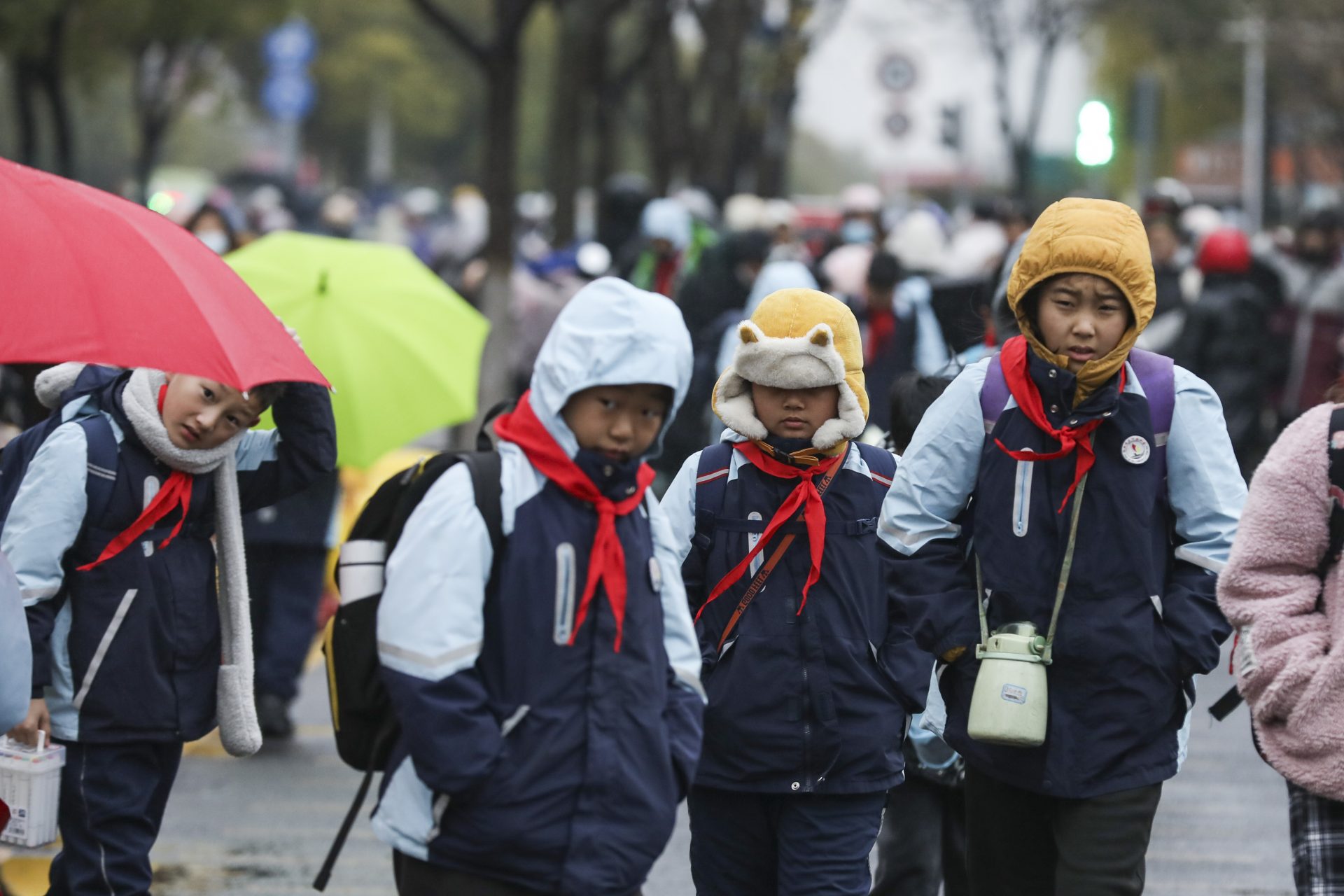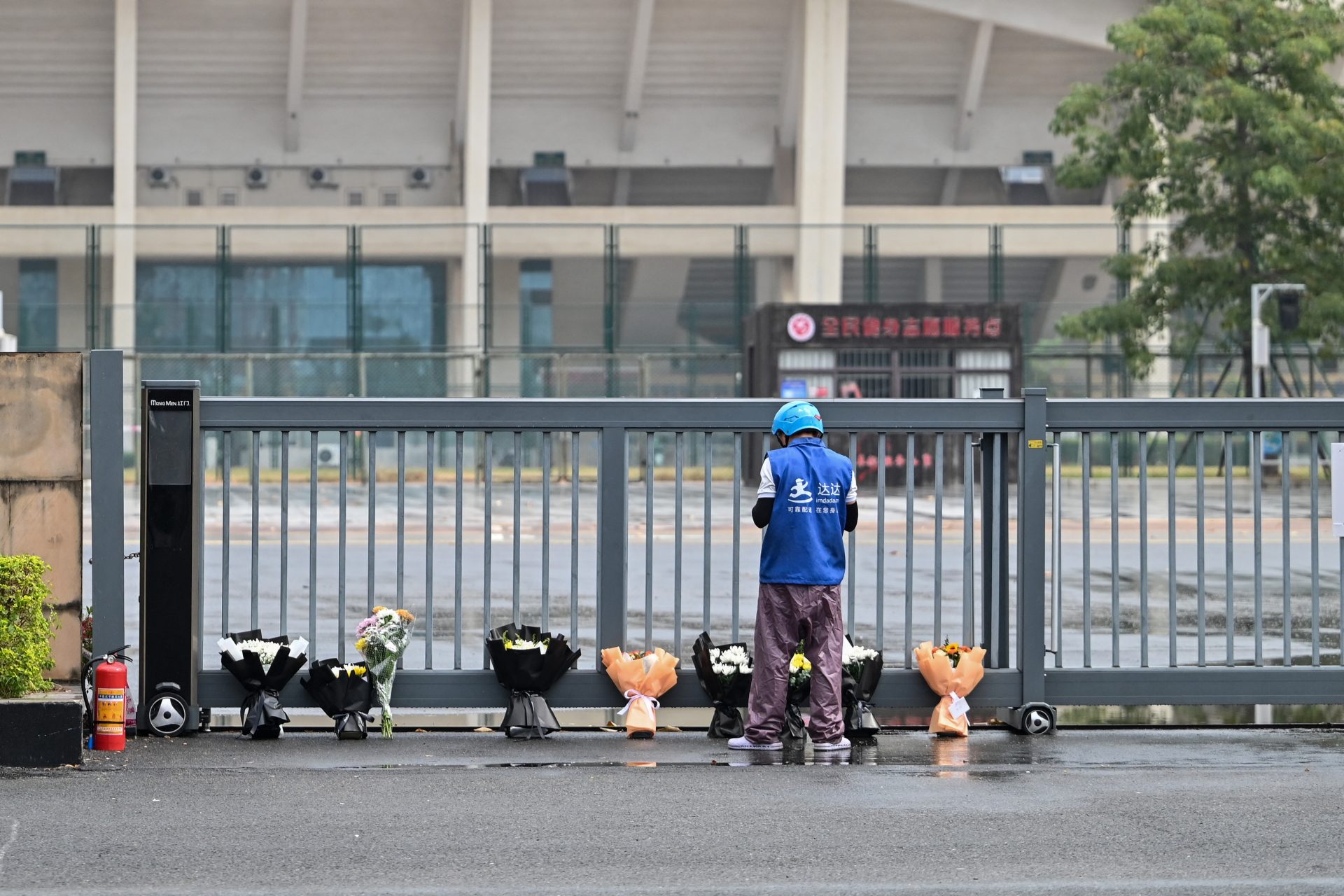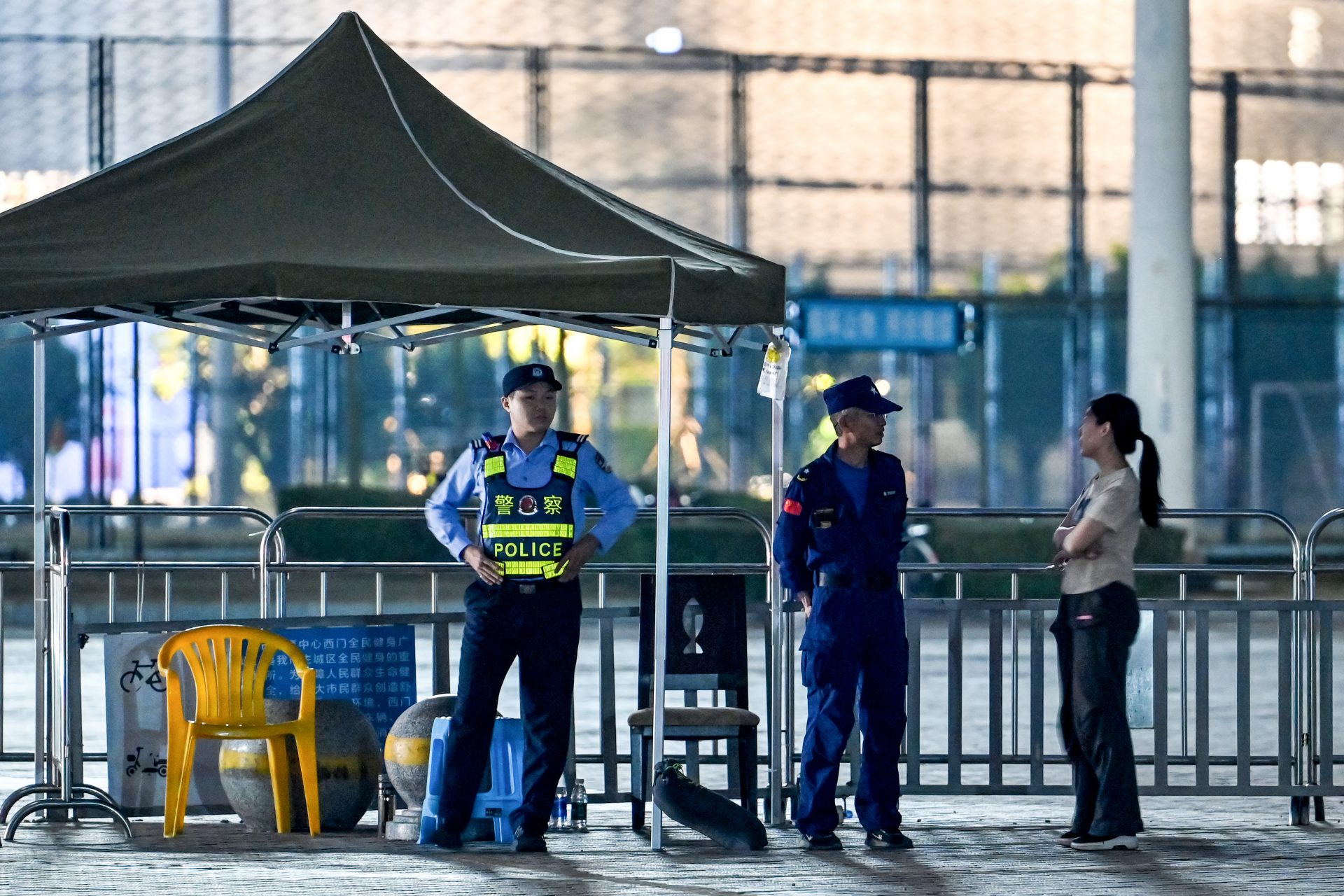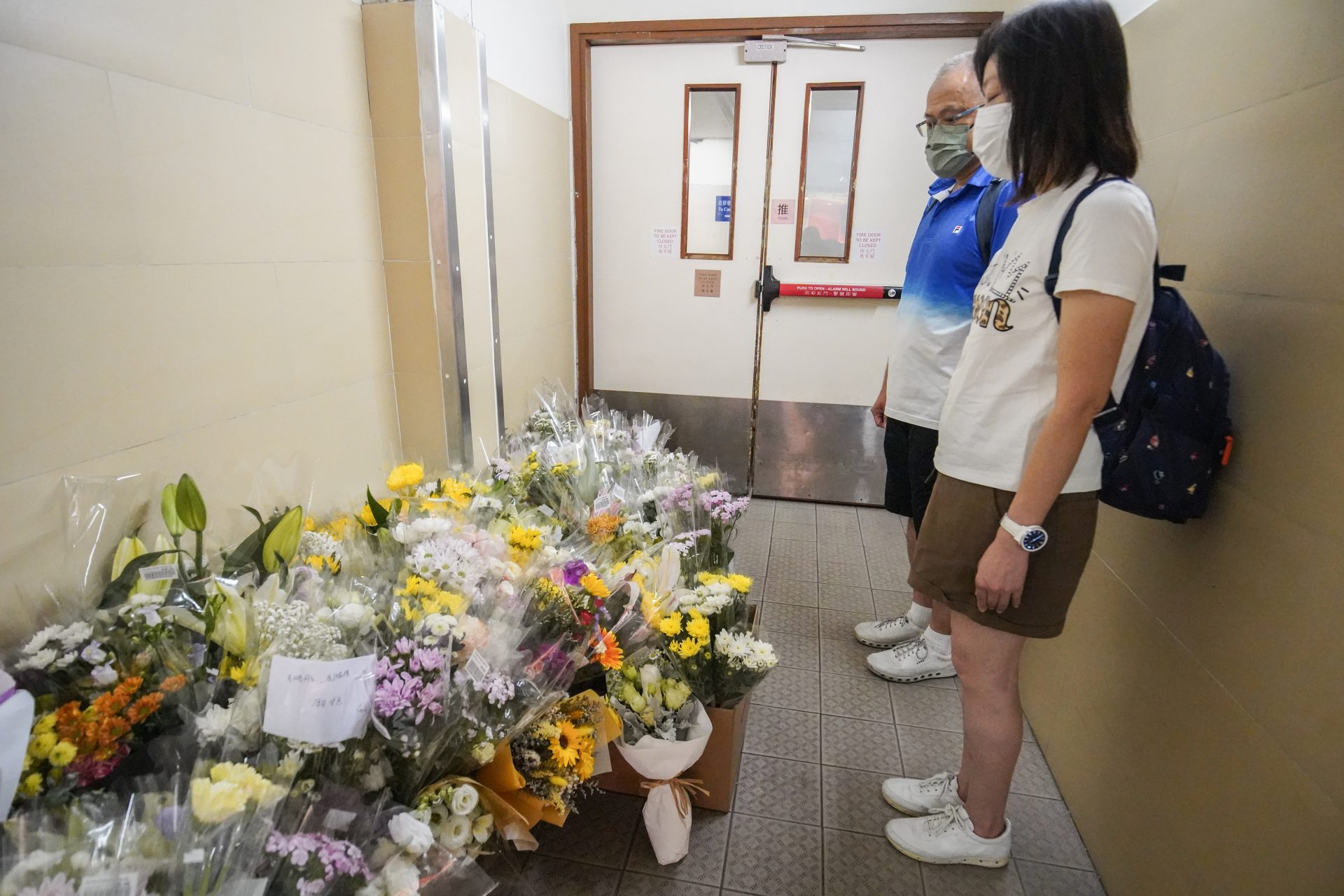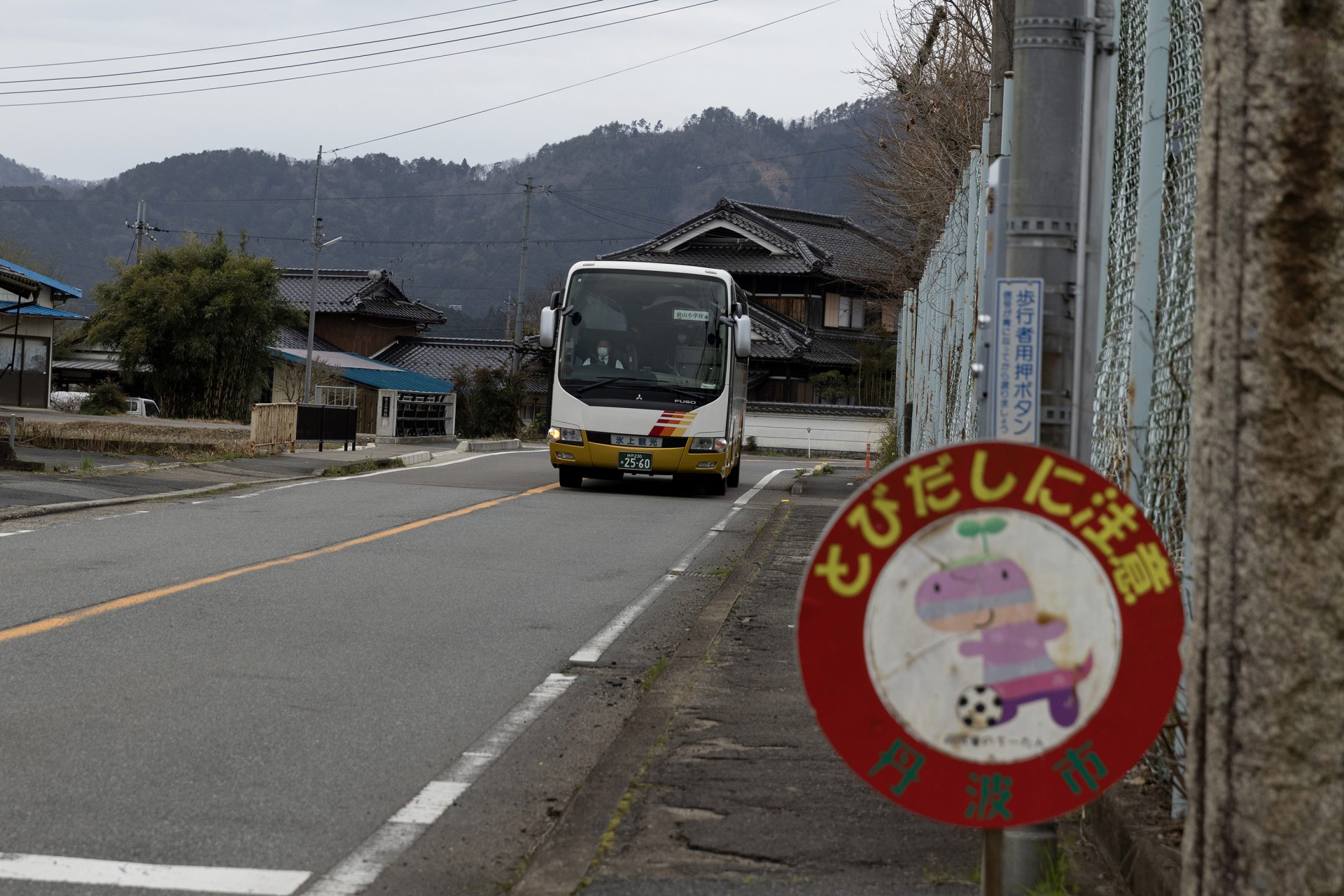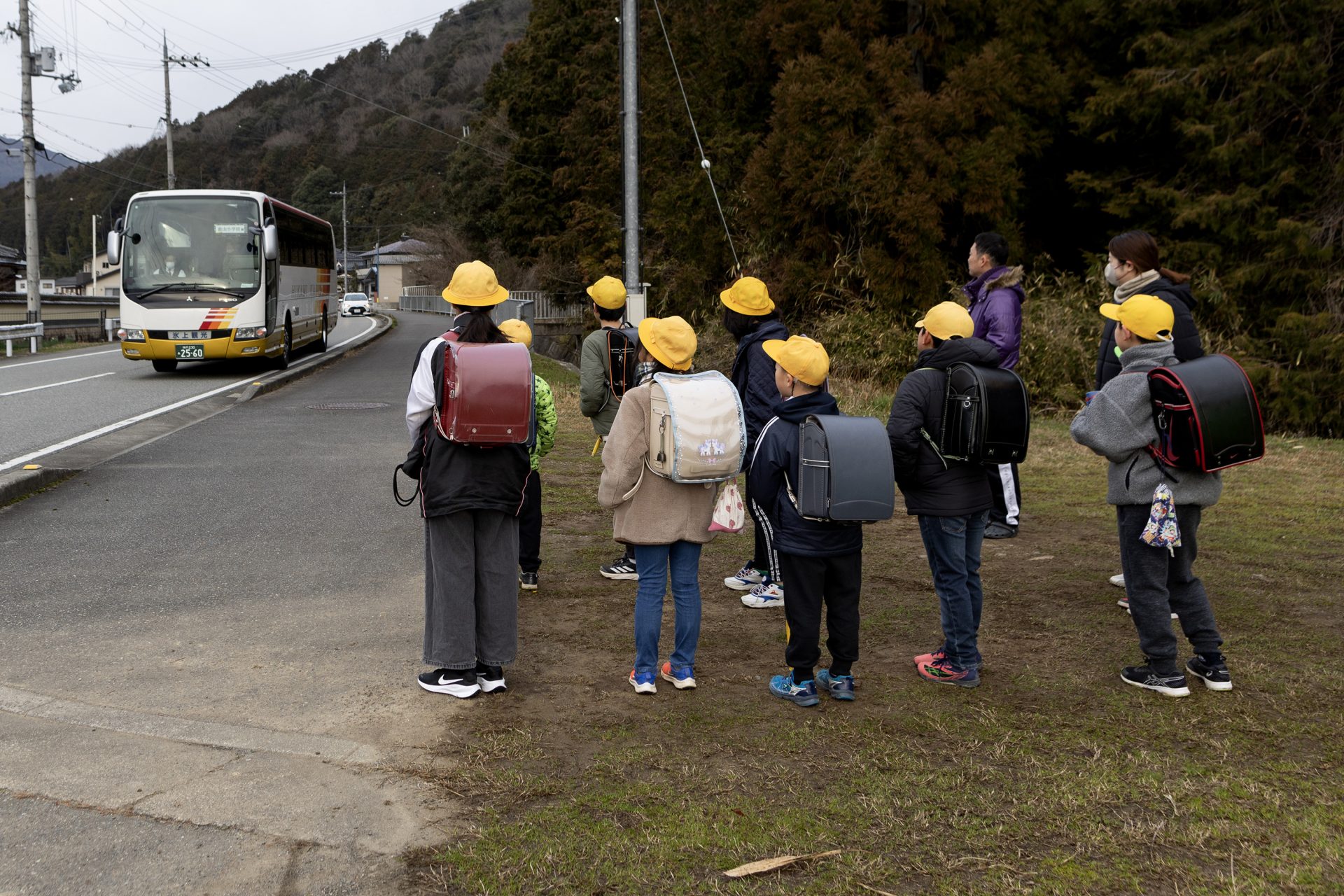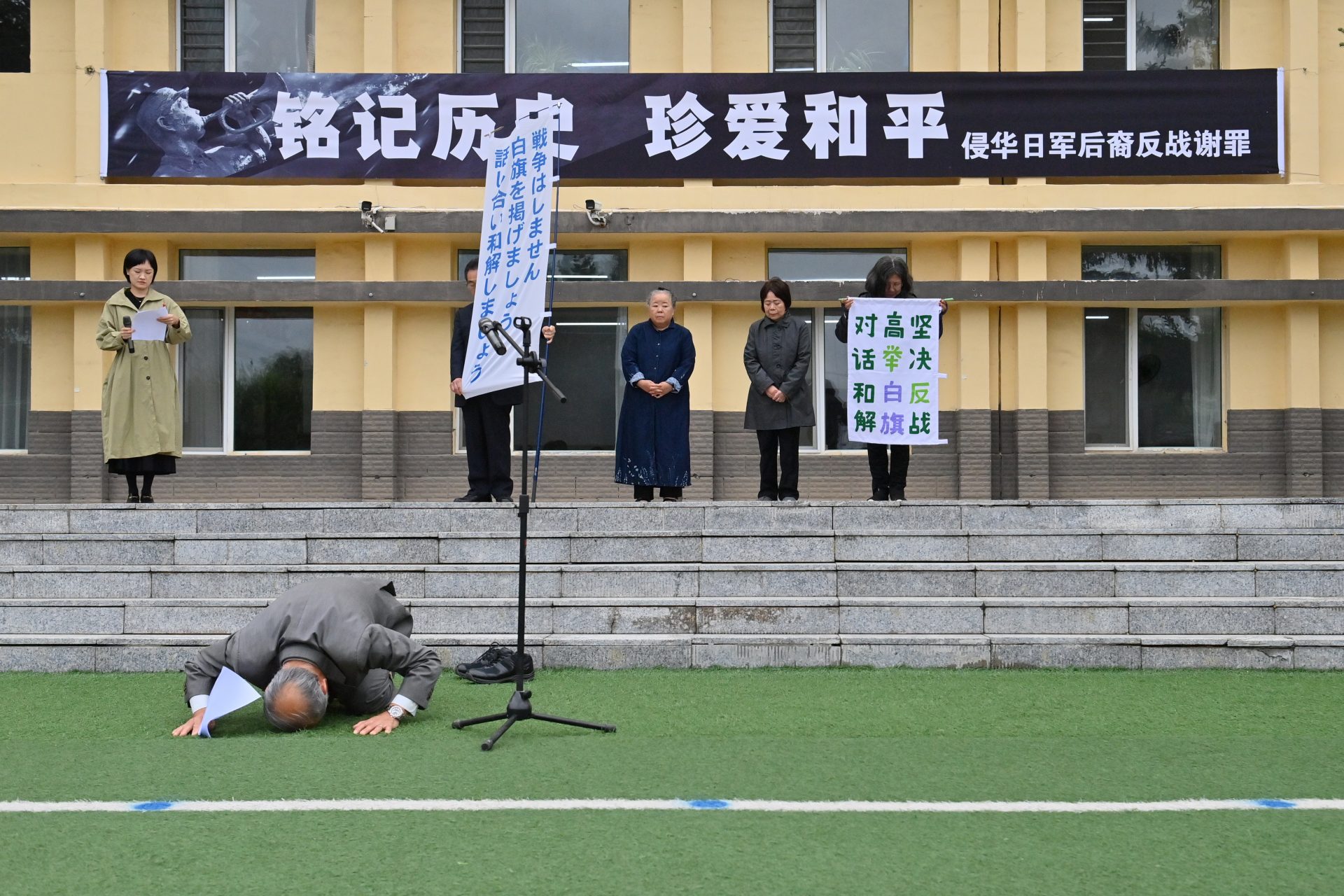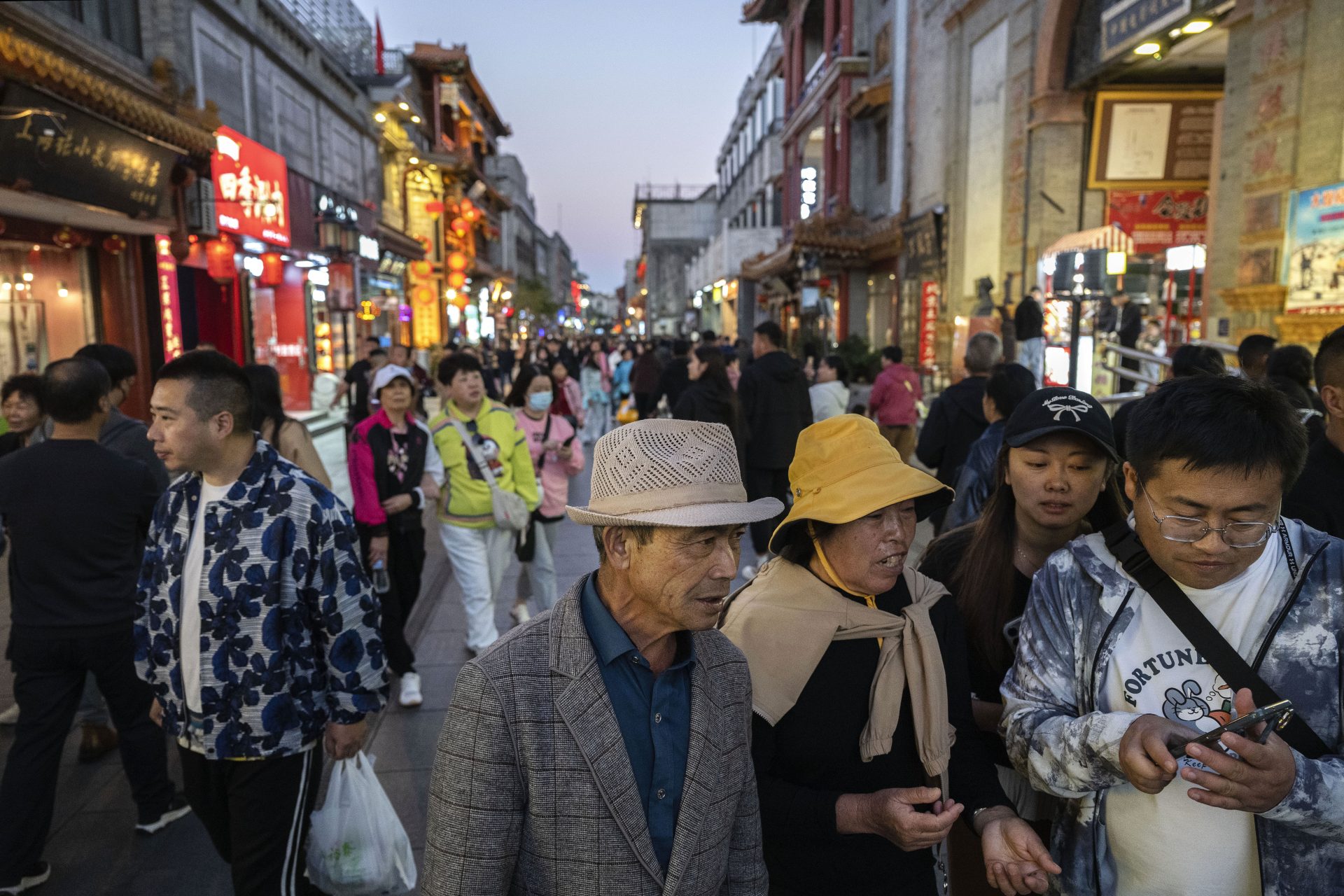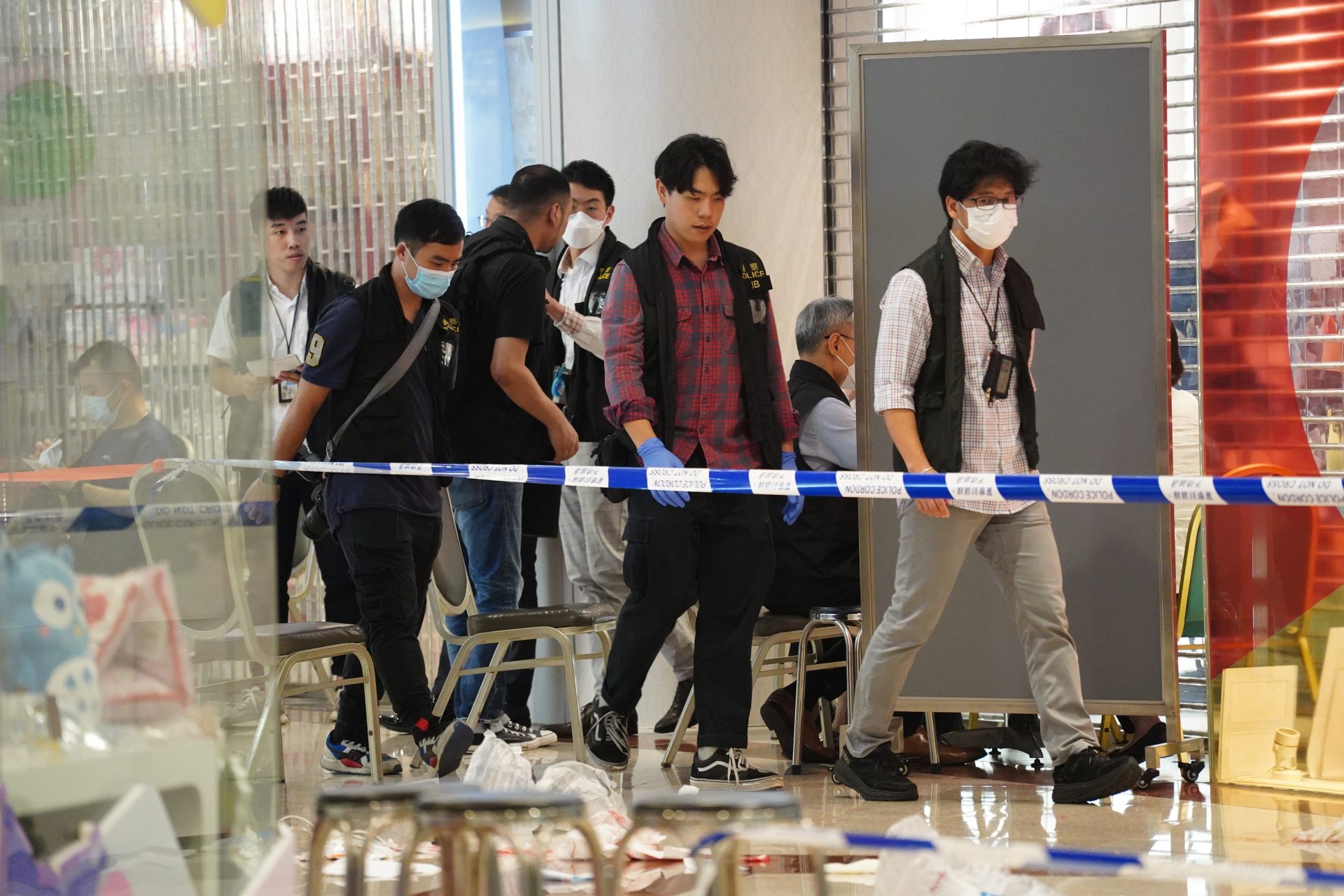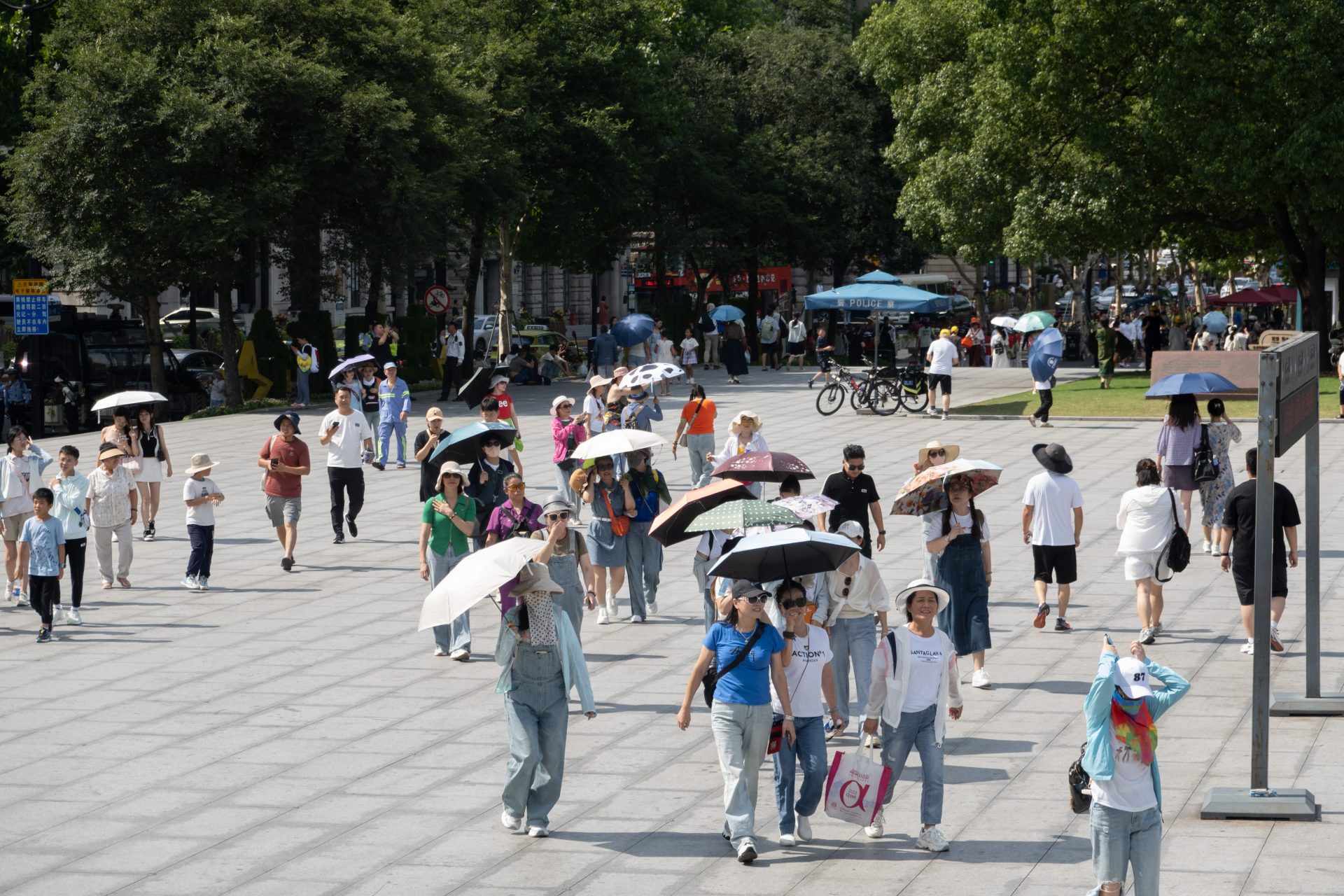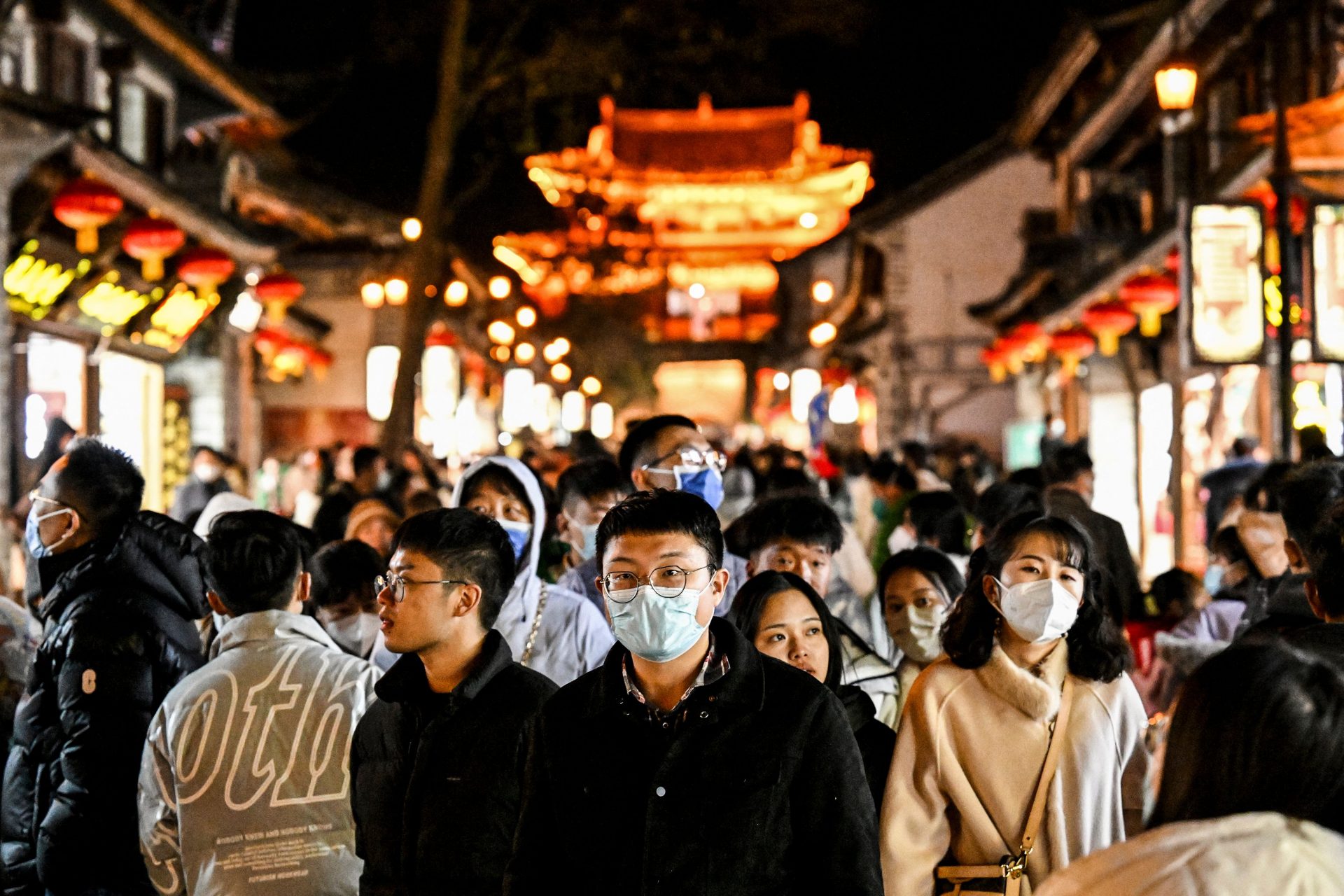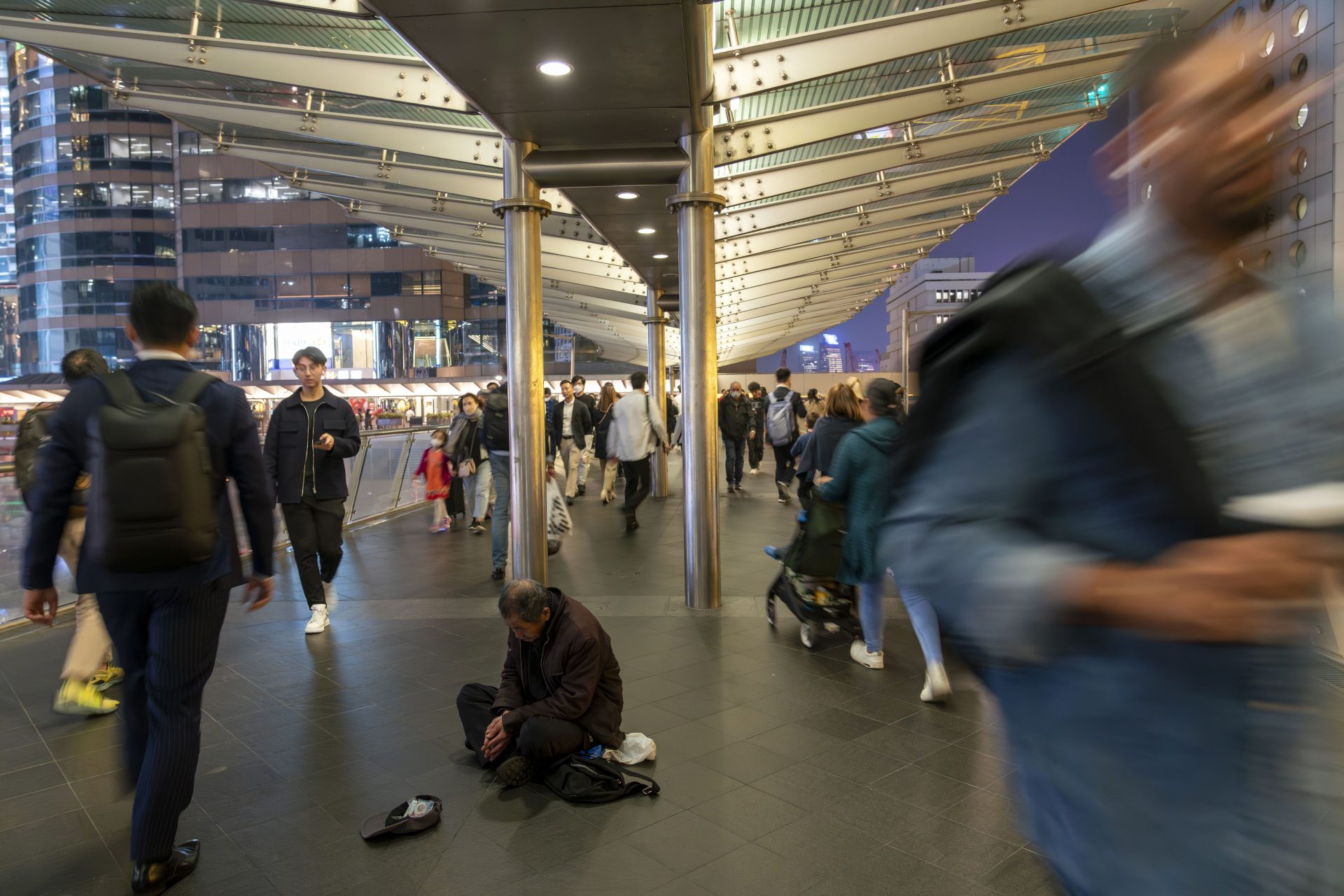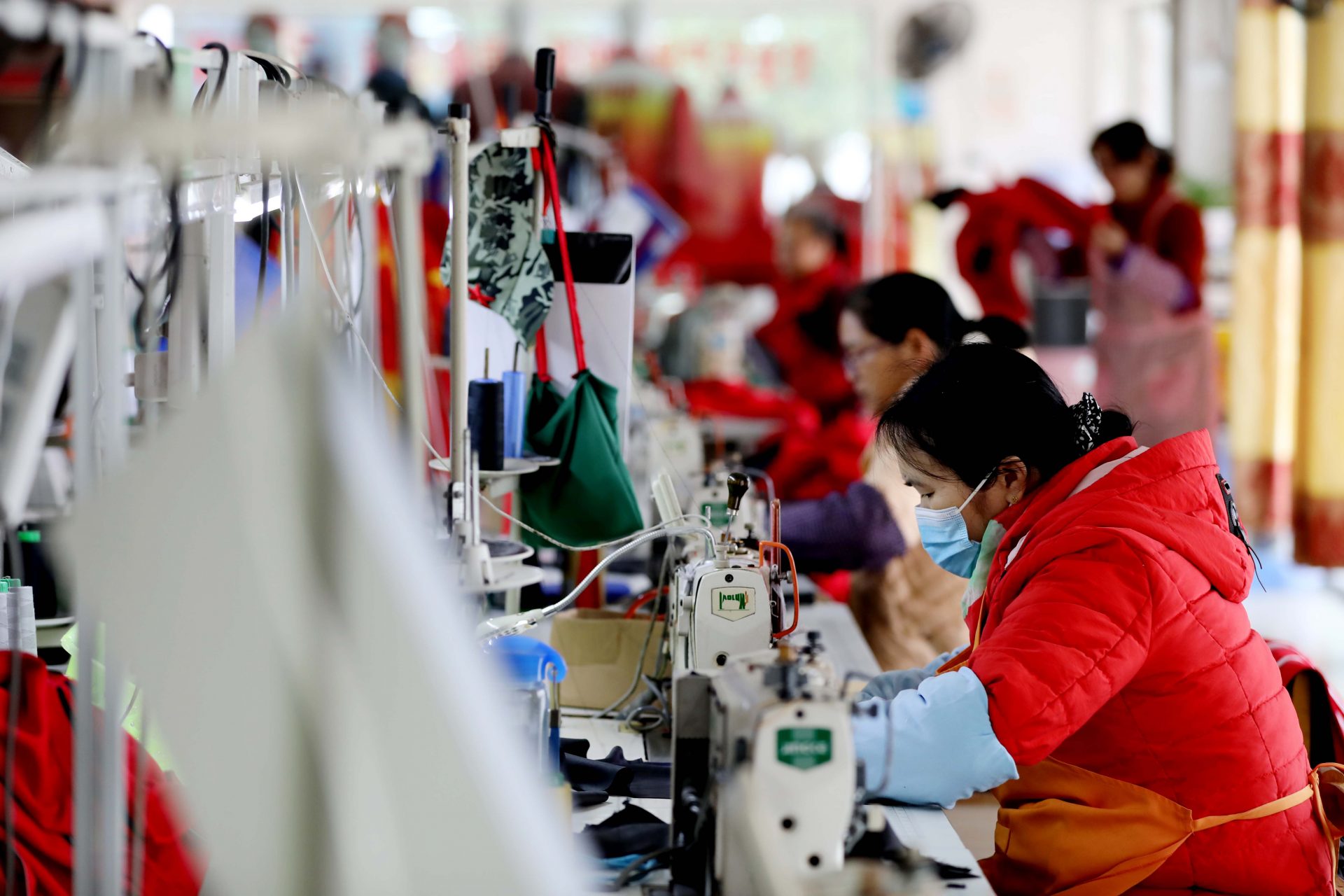Random attacks on civilians in China gather momentum
An SUV plowed into pedestrians outside a primary school on November 19 in Changde city in Hunan province with many hurt but none fatally injured, according to Chinese police.
The incident comes just a week after a vehicle mowed down a crowd outside a sports center in Zhuhai in southern China, killing 35 and injuring 43 in the deadliest mass attack in the past decade, Reuters reports.
Mass attacks and random stabbings have become increasingly common in a country with one of the lowest crime rates in the world, according to China’s Ministry of Public Security.
Video footage of apparently random stabbings across China has managed to escape official censorship to go viral on social media, throwing up questions about the impact of the post-Covid economic downturn on the country’s collective mental health.
While much of the detail of the crimes has been swept under the carpet by the Chinese authorities, it would appear that a rise in ultra-nationalism could account for several recent attacks on foreigners.
Besides the burgeoning resentment against the US, China's long-standing hostility towards Japan has been exacerbated recently by the release of radioactive water from the ailing nuclear plant, Fukushima Daiichi. into the Pacific Ocean, which caused international outrage.
Last month, a bus load of visiting Japanese school children was targeted by a 52-year-old man in the city of Suzhou in eastern Jiangsu province. The Chinese bus attendant was stabbed to death as he rushed to the children’s rescue, and a Japanese mother and child were wounded.
Consequently, major Chinese social media platforms have banned any hate speech against the Japanese.
Following the recent incidents involving vehicles, while Japanese citizens did not appear to be targeted, Tokyo warned their nationals to keep their voices down when out and about
But the Japanese are not the only targets of the surge of violence that does not appear to be letting up.
Four American instructors working an exchange at the Beihua University in Jilin City were stabbed to death when a Chinese national bumped into one of them in broad daylight in the busy public park of Beihua. Also killed was a local who tried to intervene.
But the Chinese authorities have been quick to dispel the idea that the attacks are specific to foreigners. Despite encouraging nationalistic sentiment, they are also keen to see more tourists and foreign students come to China and insist the country is entirely safe.
“Such isolated incidents may happen in any country in the world,” foreign ministry spokesperson Mao Ning is reported by CNN to have told a regular news briefing after the attack on the Japanese school bus.
Early July, a 64-year-old male who was known to have suffered mental illness stabbed three locals to death and wounded one in a knife attack in Shenyang, in Liaoning province. In early June, another mentally ill man stabbed two Chinese women to death in Hong Kong.
Also in June, a stabbing was carried out at a Shanghai metro station on locals by a 54-year-old man and there was an attack on a primary school in Guixi in Jianxi province in May which killed killed two and injured 10.
China has some of the strictest regulations on gun ownership in the world. Few private individuals have access to firearms and the purchase of large knives generally requires proof of ID.
But, while the crime rate among a population of 1.4 billion is said by the Chinese authorities to have fallen in the past five years, the regular stabbings have triggered discussion on Chinese social media, with users trying to understand what has provoked them.
According to CNN, experts analyzing the online debate say what emerges is a growing sense of “discontent and anxiety” as the country struggles to get back to where it was economically prior to the Covid pandemic and a rigid lockdown policy.
Slow growth coupled with the collapse of the real estate market and cuts in public spending have created higher unemployment. The official rate is 5%, though according to The Financial Times, economists suggest this is a scaled-back figure.
Official announcements on the stabbings indicate that the perpetrators have invariably been suffering from poor mental health, with Chinese studies linking the crimes to poor employment prospects. In the case of the American instructors and the Japanese school bus, both men were unemployed.
Wang Yaqiu, research director for China at Freedom house, told The Financial Times, Chinese citizens are becoming “increasingly atomized. The economy plays a role. Economic crises make life very difficult, causing dissatisfaction," she said.
More for you
Top Stories



